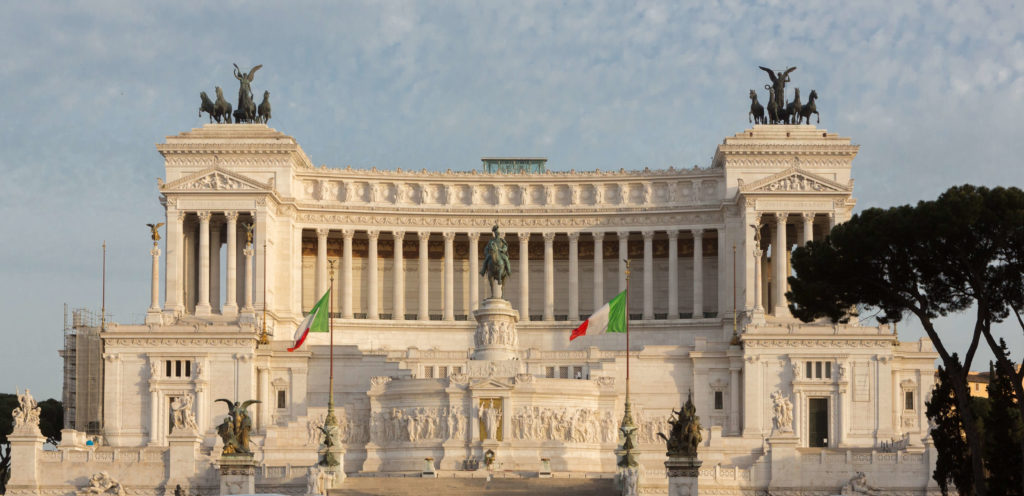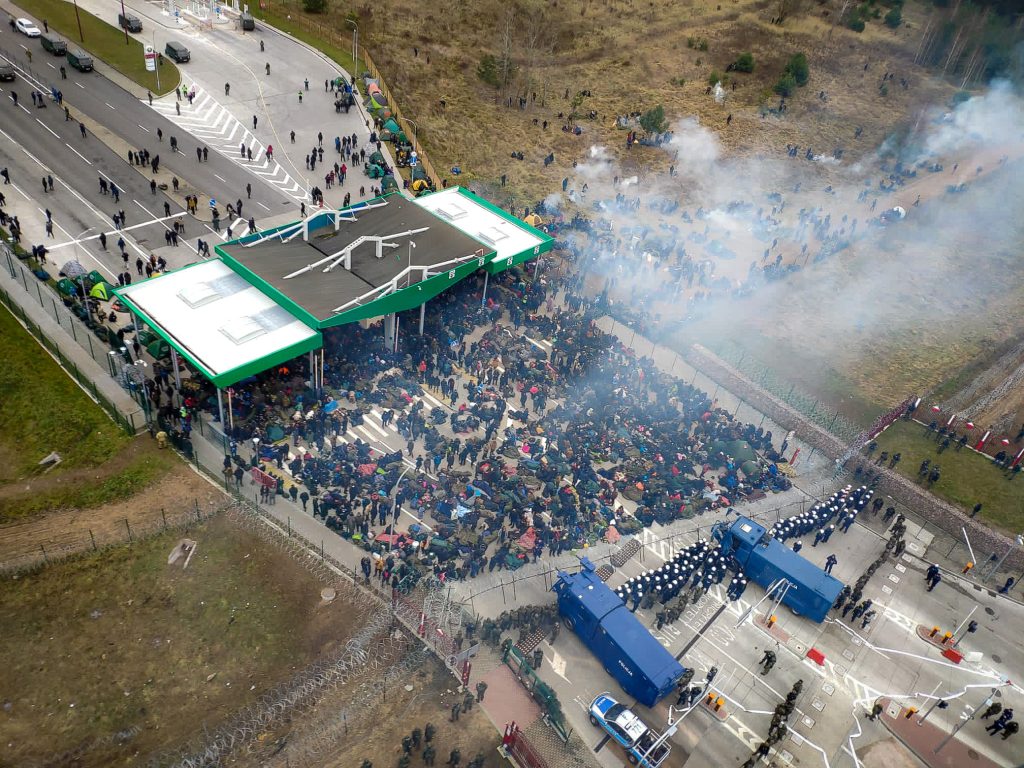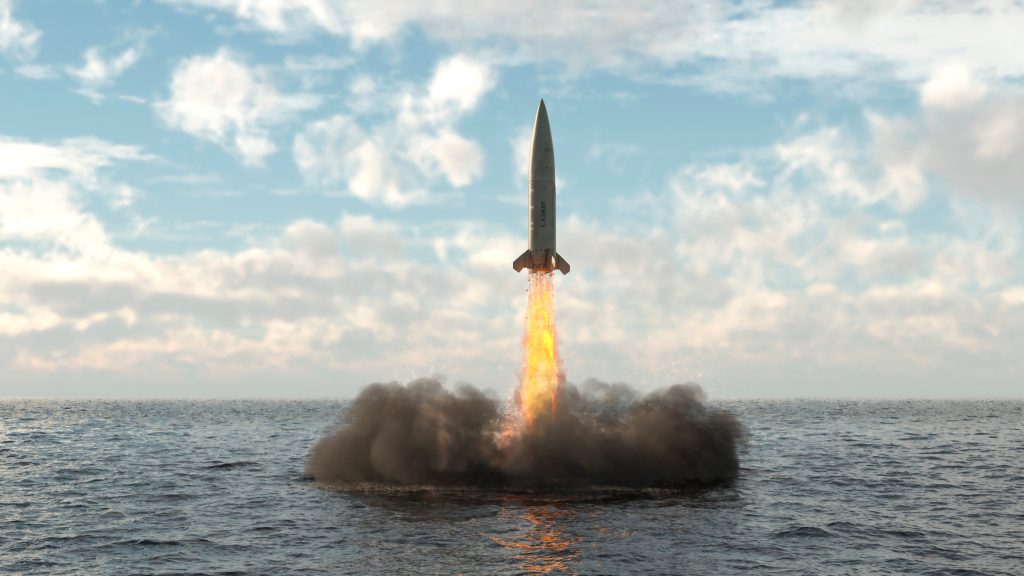Home > Serbia-Kosovo: still in tension and at an impasse
Fourteen years have passed since the declaration of independence on 17 February 2008 in Pristina, Kosovo, and the situation in this part of the Western Balkans remains tense[1].
Belgrade refuses to recognise the independence of what it considers its southern province[2]. Several other European states, including EU and NATO states such as Spain, Slovakia, Romania and Greece, refuse to recognise Kosovo as an independent state[3]. Cyprus, Bosnia-Herzegovina, the three South Caucasus countries as well as Moldova, Ukraine, Belarus and Russia also refuse to recognise its independence[4]. This opposition still exists, and for several reasons such as the preservation of territorial integration and areas of influence[5].
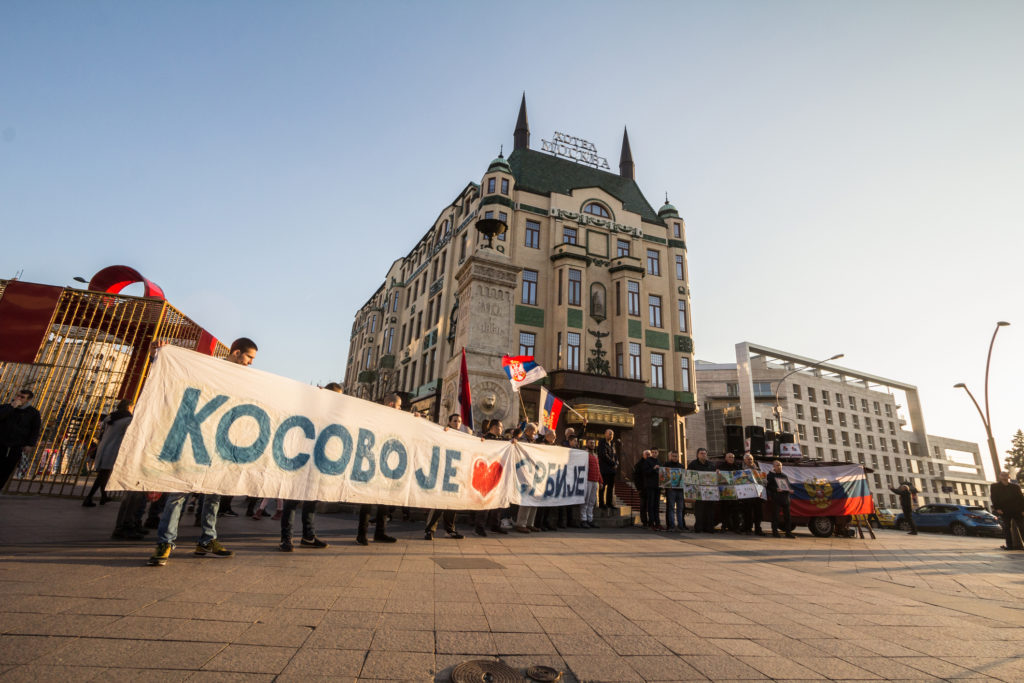

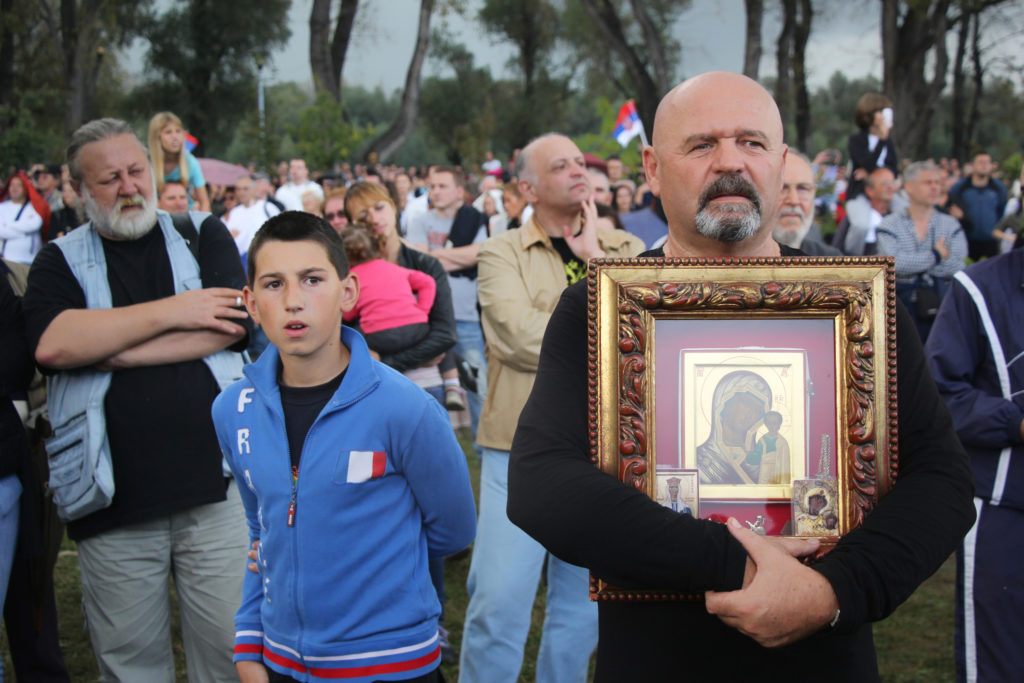
Moreover, the declaration of independence took place in a context where Kosovo was ravaged by the war (1998-1999) between the Albanian separatists of the KLA and the Yugoslav authorities, as well as by the NATO bombing of Yugoslavia (March and June 1999[6]). These two events have left vivid memories among the Kosovar and Serb populations[7]. The United States and its European allies supported the Albanians, while Russia and China condemned the NATO bombing[8].
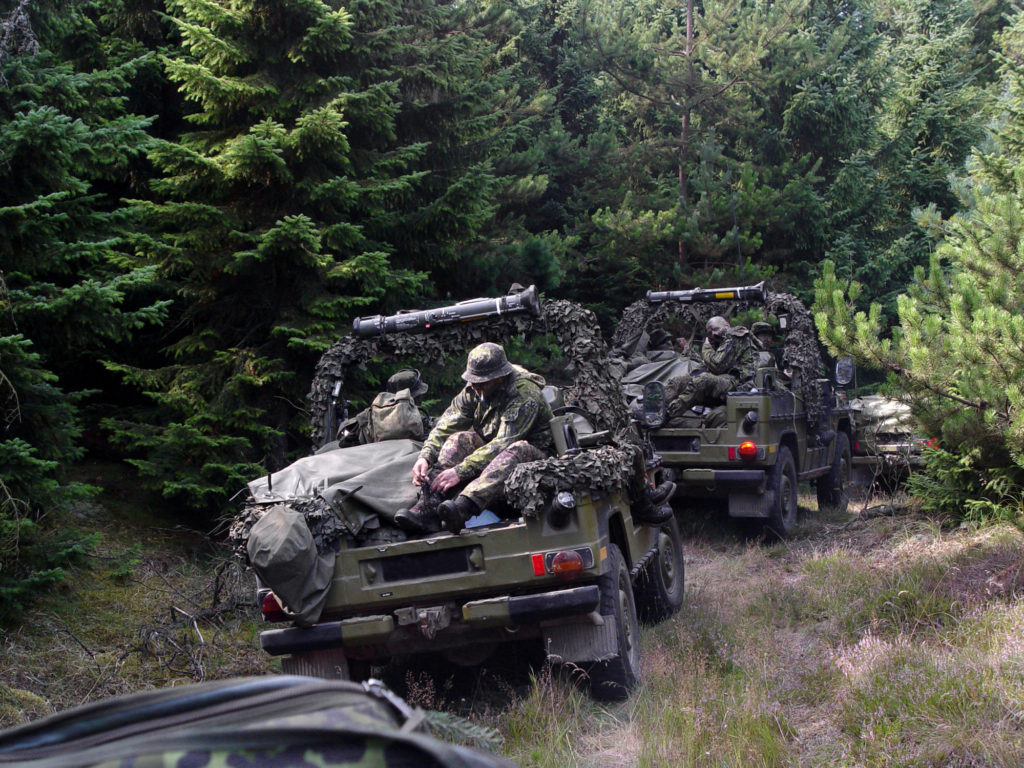

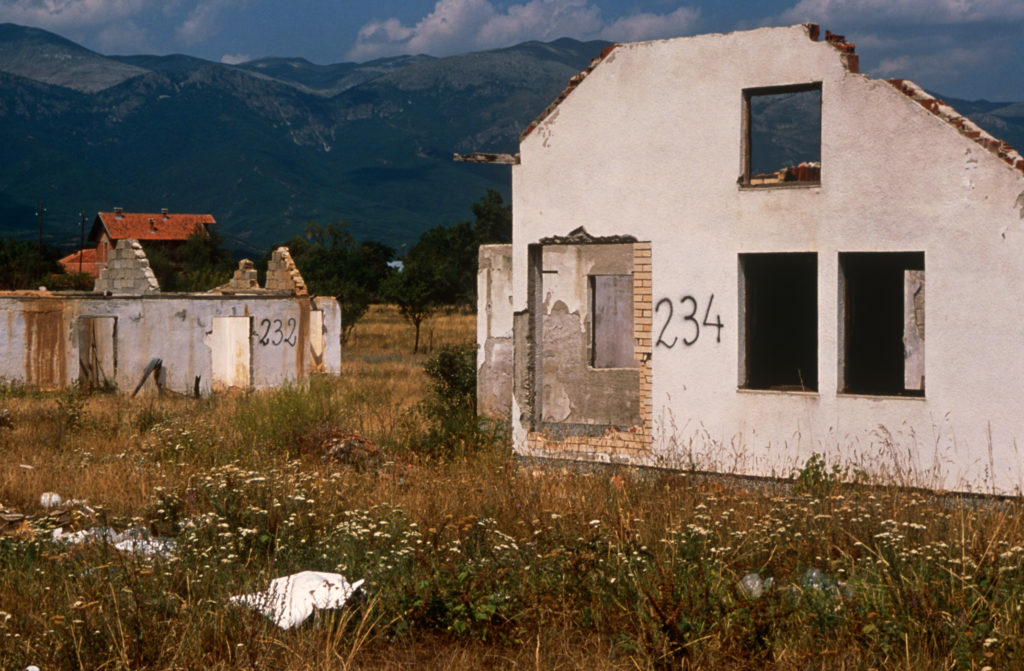
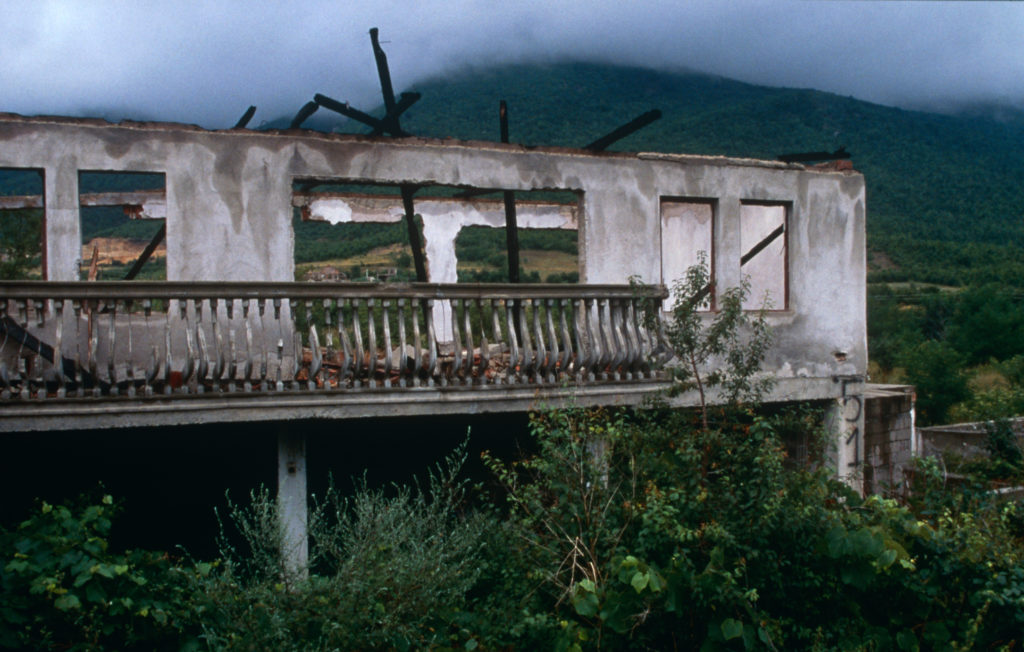
In spite of this, in order to resolve the Serbian-Kosovar conflict, the EU, like the USA, has organised numerous summits with Serbian and Kosovar representatives, which have still not led to a total easing of tensions[9]. Even the Brussels agreements in 2013, and the Washington agreements in 2020, have not led to the expected results of full normalisation[10].
Even today, many EU missions, such as EULEX Kosovo, and NATO missions, such as KFOR, remain in place in the country to ensure the stability and security of the Balkans[11].
By the end of July 2022, the Pristina government's border decisions on number plates and residence documents had led to protests among the Serb population in northern Kosovo[12]. The barricades set up by the Serbs at the time, blocking the border posts at these locations, had put NATO forces on alert[13]. Finally, it was following the intervention of the American ambassador, Jeffrey Honevier, that the Pristina decisions were postponed, allowing a return to calm[14].
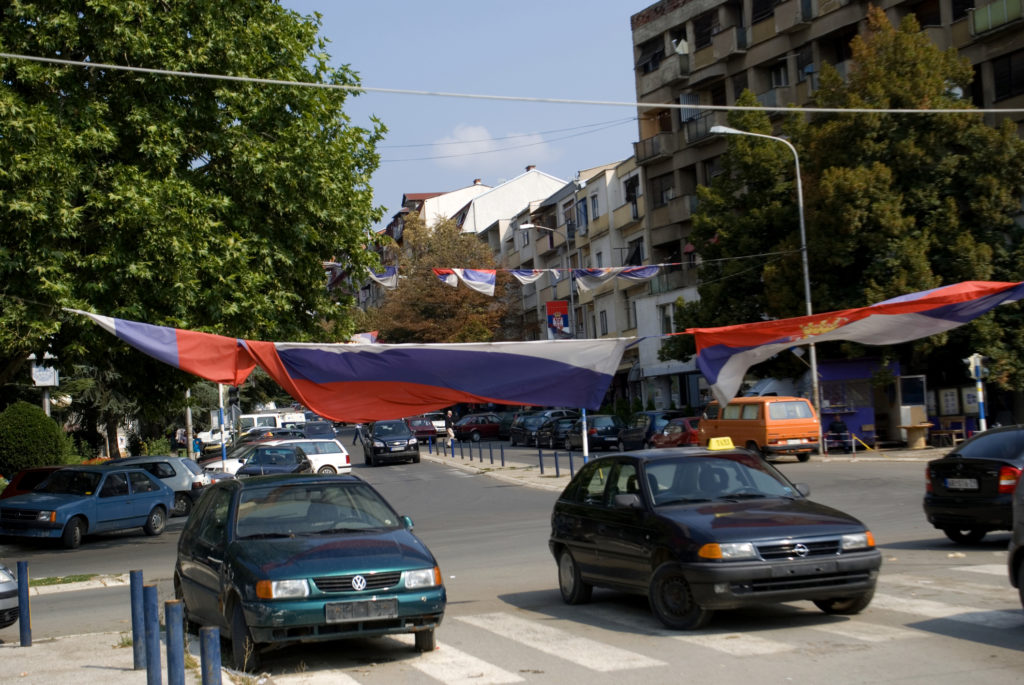

All of this illustrates that the tensions between Serbia and Kosovo do not only concern Albanians and Serbs, but several powers (the United States, the European Union, Russia, China) that distribute their zones of influence in the Western Balkans[15].
With the exception of Croatia and Slovenia, the Western Balkan countries are not members of the European Union[16]Accession negotiations for Serbia and Kosovo slow down[17]. Moreover, the two states are, together with Bosnia-Herzegovina, the only ones in the Balkans that are not members of NATO[18]. However, Kosovo is home to the largest military base in the Transatlantic Alliance: Camp Bondsteel (3.86 km²), capable of hosting up to 7,000 troops[19]. The KFOR forces consist of more than 3770 troops from 28 countries[20]. However, NATO and Serbia have deepened their cooperation, including on security in Kosovo[21].
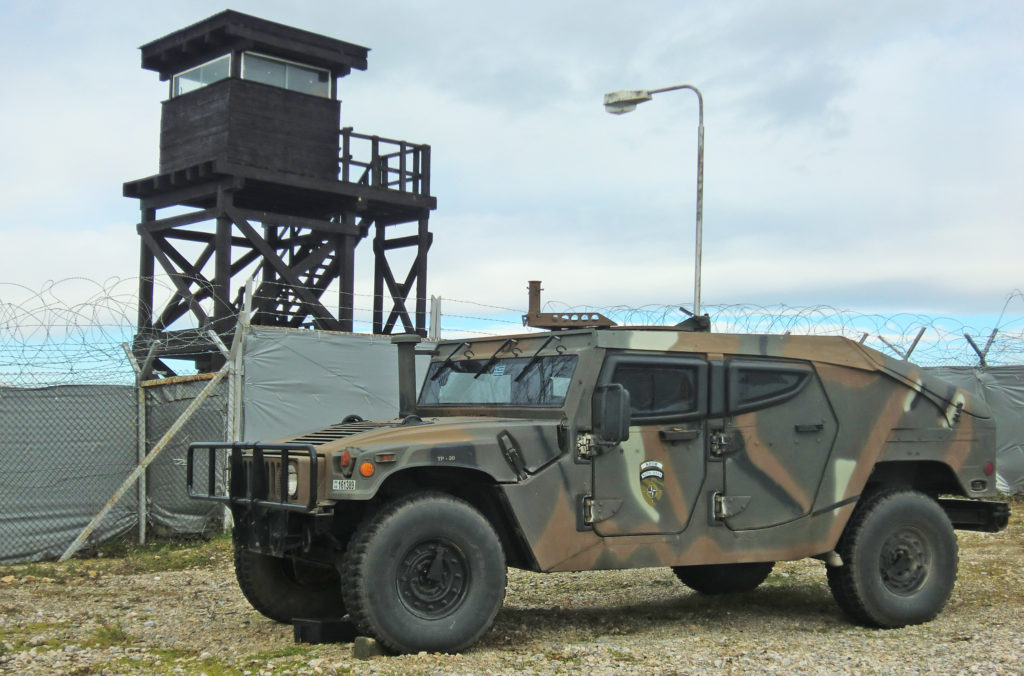
At the same time, Turkey and the Arab Gulf states, as well as Russia and China, have increased their economic and cultural, and even energy, investments in the Western Balkans (including Serbia and Kosovo)[22]. While the US and its allies support Pristina militarily (the case of the creation of the Kosovar army, disapproved by the Serbs)[23]Moscow and Beijing to deliver to Belgrade on armaments[24]. For example, in 2019, Serbia procured the Pantsir-S1 short-range surface-to-air system (20 km range) from Russia[25]. In 2020, Serbia obtained Chinese Chengu Pterodactyl-1 drones, "capable of attacking targets with bombs and performing reconnaissance tasks".[26]. Finally, in April 2022, six Chinese Air Force Y-20 aircraft carrying HQ-22 surface-to-air missiles landed in Belgrade[27].
Even in the energy field, Kosovo is strategically located, with several pipelines, such as the Transadriatic Pipeline (TAP) and the Balkan Stream, supplying gas to Europe, passing through the region and being the subject of rivalry between the European Union and Russia[28]. Brussels works to diversify its gas supplies while Moscow seeks to keep its export markets[29]. Moreover, according to Adel El Gammal, Secretary General of the European Energy Research Alliance (EERA), Europe accounts for 70% of Russian gas exports[30]. For Serbia, 81 % of its gas and 18 % of its oil and oil derivatives are imported from Russia[31]. At the end of May 2022, the Belgrade government obtained an agreement for the supply of Russian gas for a period of three years[32].
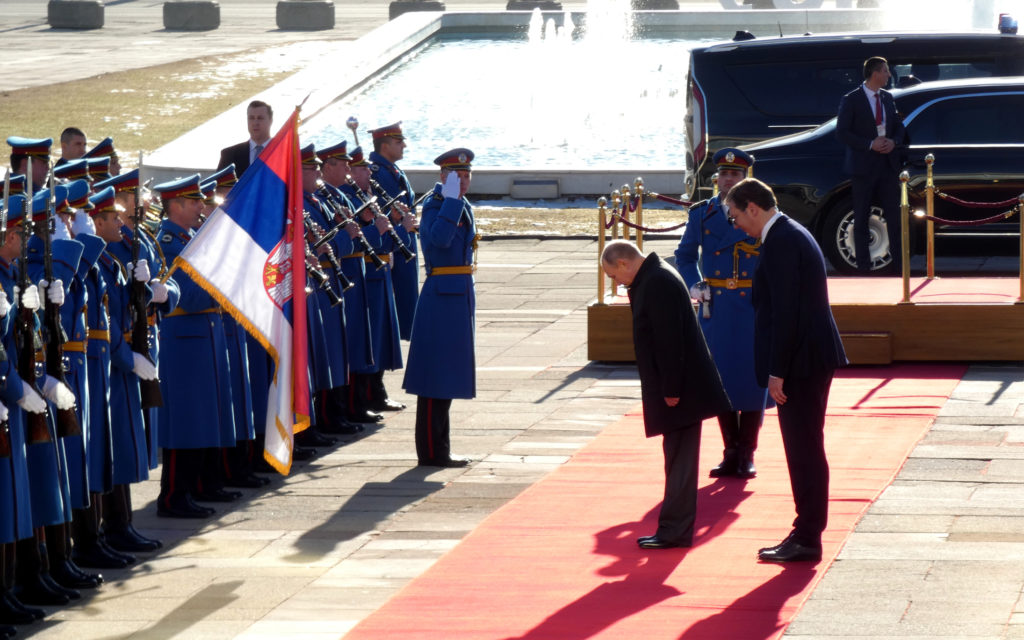
The struggles for influence around Serbian-Kosovar tensions are not only about security and defence, but also about energy resources and the protection of strategic areas, since Kosovo could also become a crossroads between the Adriatic coast (Albania and the port of Durres) and Eastern Europe, on the one hand, and the Aegean Sea (Northern Greece, the port of Thessaloniki) and the heart of Central Europe, on the other[33].
The consequences of these rivalries are still being felt, despite the war in Ukraine. Kosovo has increased its efforts to join the EU and NATO[34]while Serbia, while condemning the Russian invasion of Ukraine at the UN[35] and hosting Ukrainian refugees on its territory[36]The European Commission has refused to join the European Union in its sanctions against Russia[37].
All rights reserved by BRAUN
